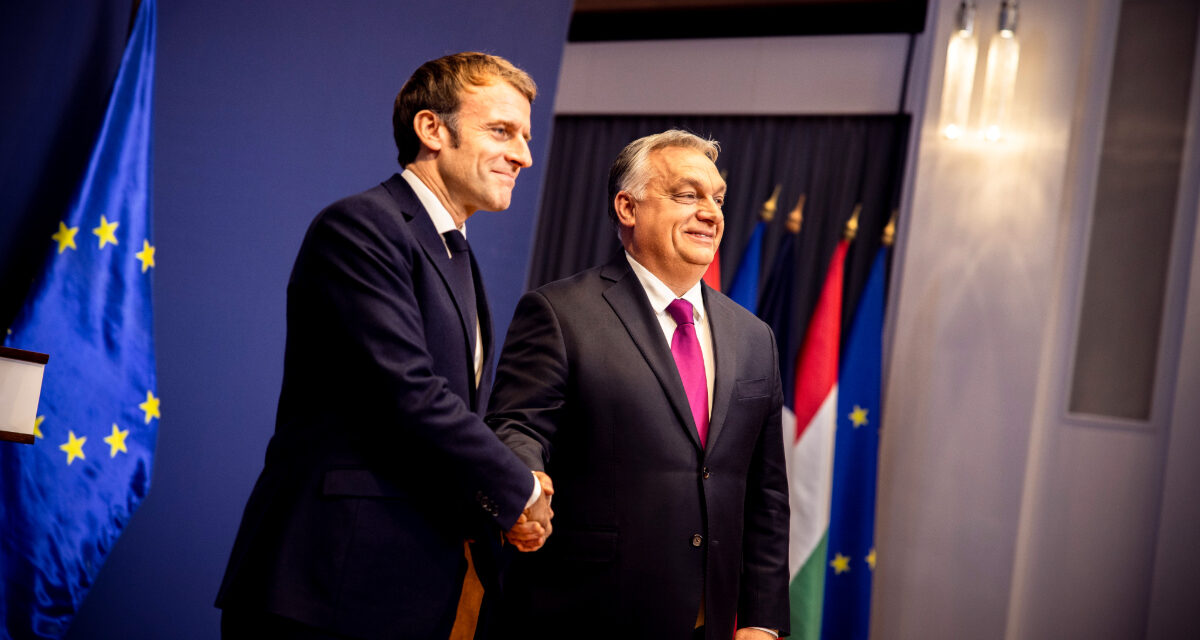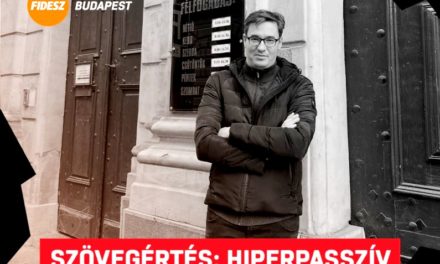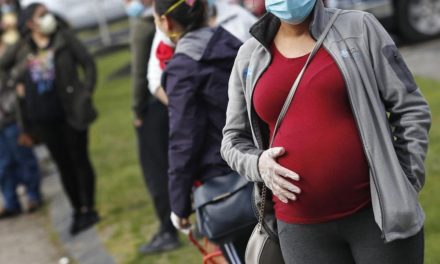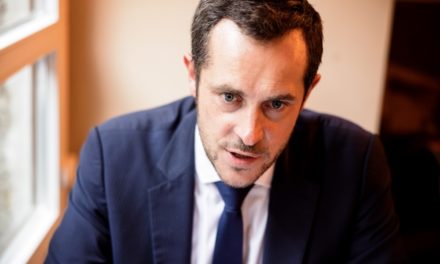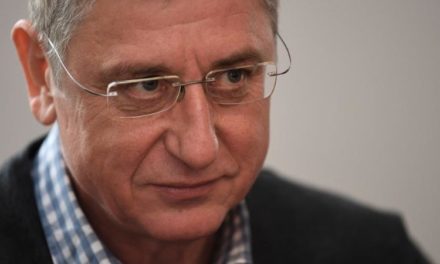Although Emmanuel Macron and Viktor Orbán typically position themselves rhetorically at two opposite poles of the European arena, there are strikingly many similarities in the politics of the French head of state, who entered politics in 2017, and the Hungarian prime minister.
"We are political opponents, but at the same time European partners," said Emmanuel Macron about Viktor Orbán last December in Budapest, when the Hungarian Prime Minister received the French head of state in his office just a few weeks before France took over the presidency of the Council of the EU. Macron rose to the top during the breakdown of the bipolar balance of power that had dominated French domestic politics for decades and fluctuated between the conservative center right and the progressive left, taking advantage of society's frustration with the traditional political parties and himself and the Republic in Momentum! defined his party as centrist, thus carving out the center of the political palette for himself.
Accordingly, his political messages focus on the social and economic issues of most concern to the French. So, while he describes himself as a global leader, according to analysts, as a left-wing politician, he pursues right-wing politics,
during the five years of his presidency, he did not shy away from incorporating the main campaign messages of the political parties to his right into his own election program, thus taking the wind out of his opponents' sails.
At his only campaign event held on April 2nd, for example, regarding the issue of immigration, which has divided French society for decades, he said: - When we feel fear about migration phenomena, I think we have to protect what is in our DNA, that is, our duty to receive those fleeing a country at war, like the Ukrainians. But in order to be able to do this - the current president continued -
we also need to know how to fight illegal immigration.
Already in his campaign before his election in 2017, Macron emerged as a defender of European values in European politics, but the then only 39-year-old French politician also quickly made it clear that the European Union urgently needed reforms. – During the election, I constantly defended Europe, because I feel that it is extremely important from the point of view of the French and our country's place in globalization. However, we have to face the situation and listen to the people who are terribly angry and impatient with the EU today, he said in an interview with the British BBC. By the way, the head of state, who wants to regain the position of head of state in the presidential election starting on Sunday, presented his presidential election program three weeks ago, emphasizing:
if re-elected, making France a more self-sufficient country will be a key objective.
By the way, Macron did not invest much time in his presidential election campaign, instead taking on a serious peacemaking role in the Russian-Ukrainian conflict, provoking, for example, the anger of Polish Prime Minister Mateusz Morawiecki, who sharply criticized the French president for his willingness to negotiate with Russian President Vladimir Putin.
However, Macron's attitude towards Putin is not new at all, in fact: the French president has been saying for years that
the European Union must stop diplomatically isolating Russia and open up to Moscow.
By the way, Macron - together with then-chancellor Angela Merkel - already urged an EU-Russia summit at last summer's EU summit, but the attempt failed, mainly because of the sharp protests of the Baltic states and Poland.
And at an EU summit last year, he argued that the sanctions against Moscow do not make much sense, as they have not brought about a change in Russia's behavior so far.
Source and full article: Magyar Nemzet
Featured image: Prime Minister's Press Office/Zoltán Fischer

